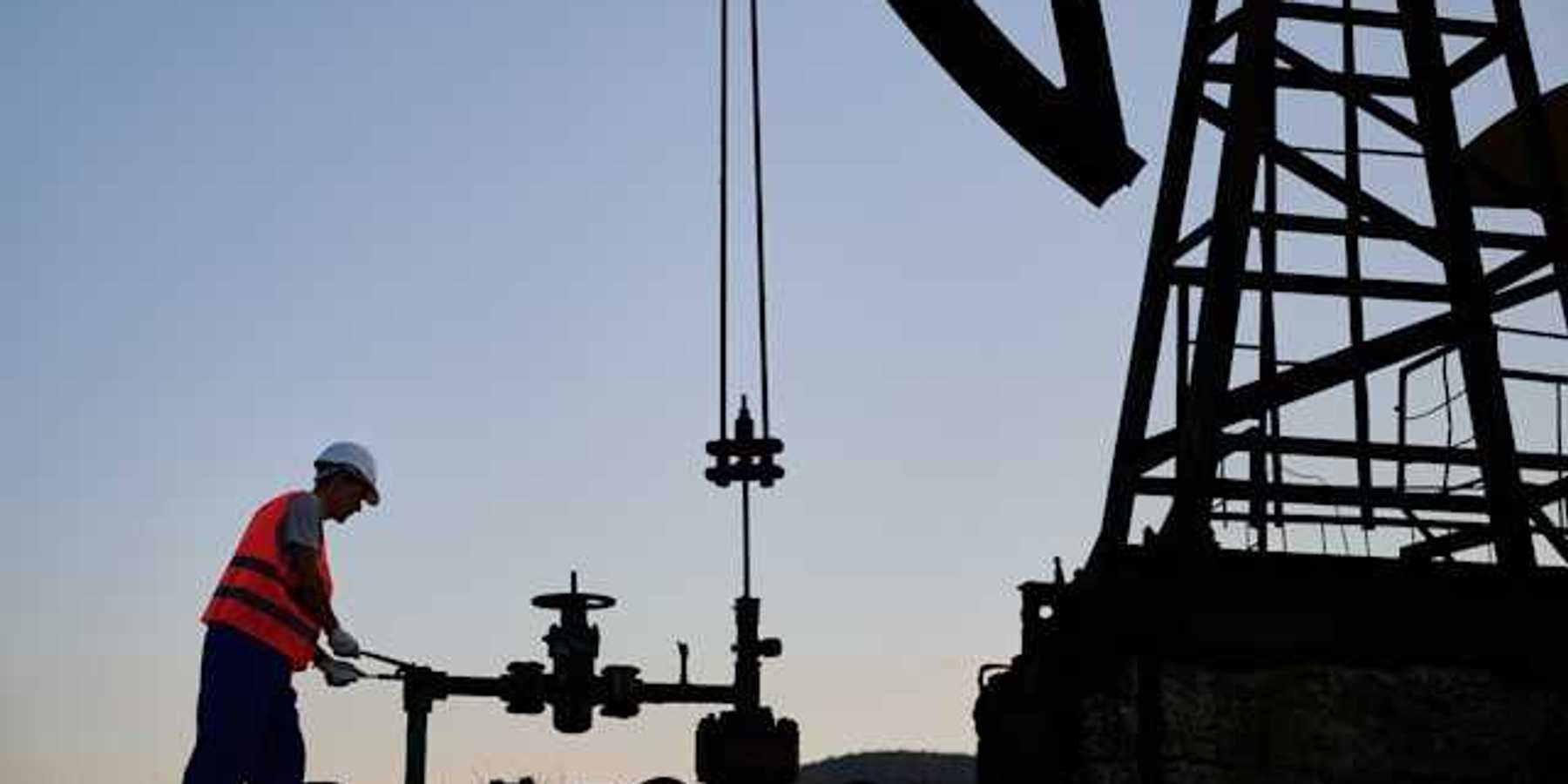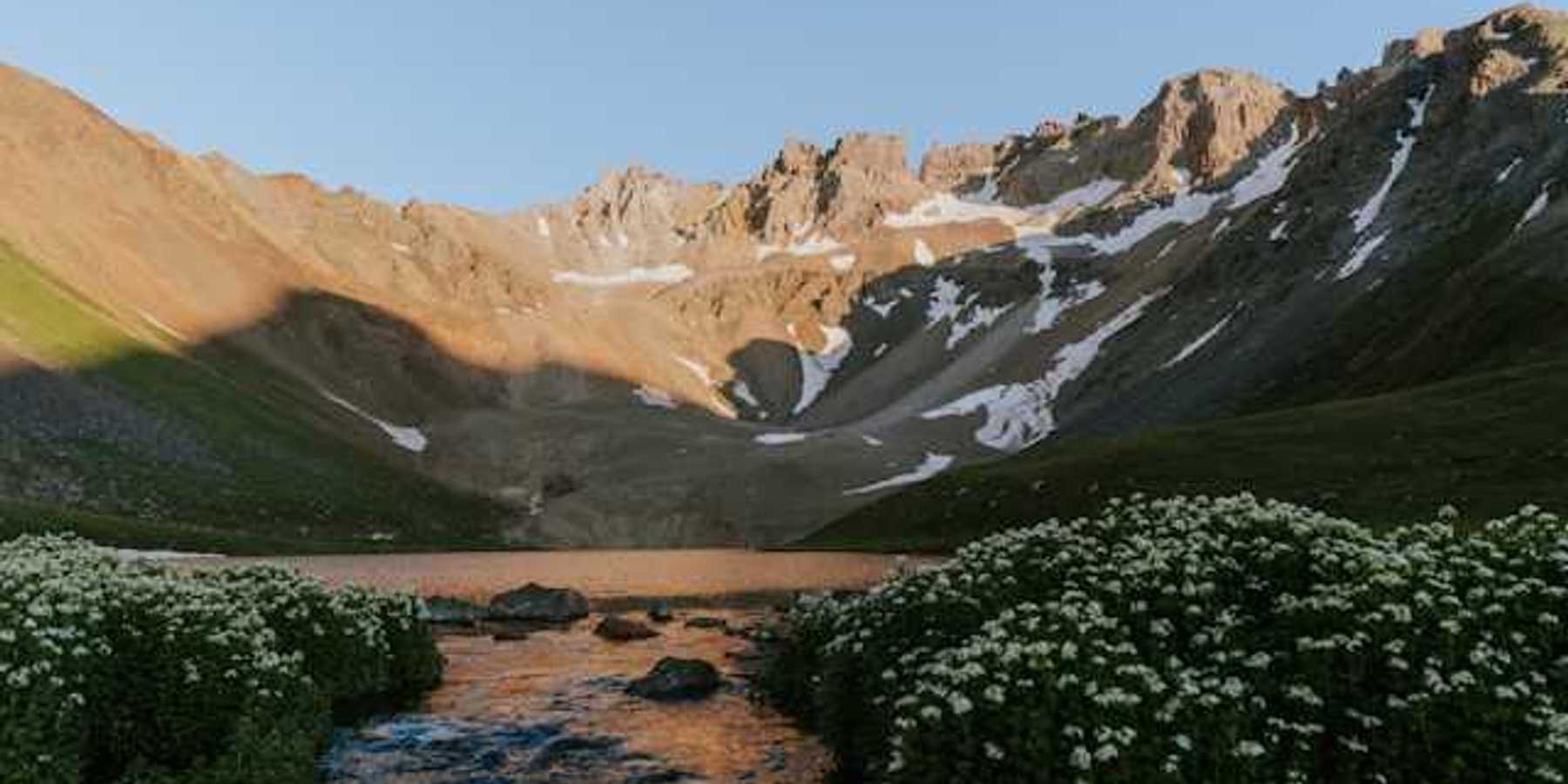A city in India offers a glimpse of how to build a cooler, cleaner future
In the blistering heat outside Mumbai, one experimental city is proving you don’t need air conditioning — or pollution-choked streets — to stay cool.
Allyson Chiu reports for The Washington Post.
In short:
- Palava City, designed from the ground up to work with nature instead of against it, uses breezy architecture, smart window design, and solar water heaters to slash energy use and cut back on air conditioning.
- Residents enjoy shaded sidewalks, parks, and access to daily essentials within walking distance — reducing car traffic and boosting air quality in a country where pollution often dominates urban life.
- While the model may not be fully replicable due to its high costs and self-governance structure, developers say many elements — like efficient appliances and green design — can be adapted to existing cities.
Key quote:
“It could be a blueprint for many other similar developments in India.”
— Sameer Kwatra, senior director of the India program at the Natural Resources Defense Council
Why this matters:
As climate change heats up cities across the globe, Palava shows how better design and smarter energy use can protect public health, especially in places where people can't afford to crank up the AC. It’s not utopia; this kind of master planning takes serious money and a governance model that wouldn’t fly everywhere. But it’s a living sketch of what climate adaptation and resilience can look like.
Read more: Finding climate solutions in communities instead of labs













